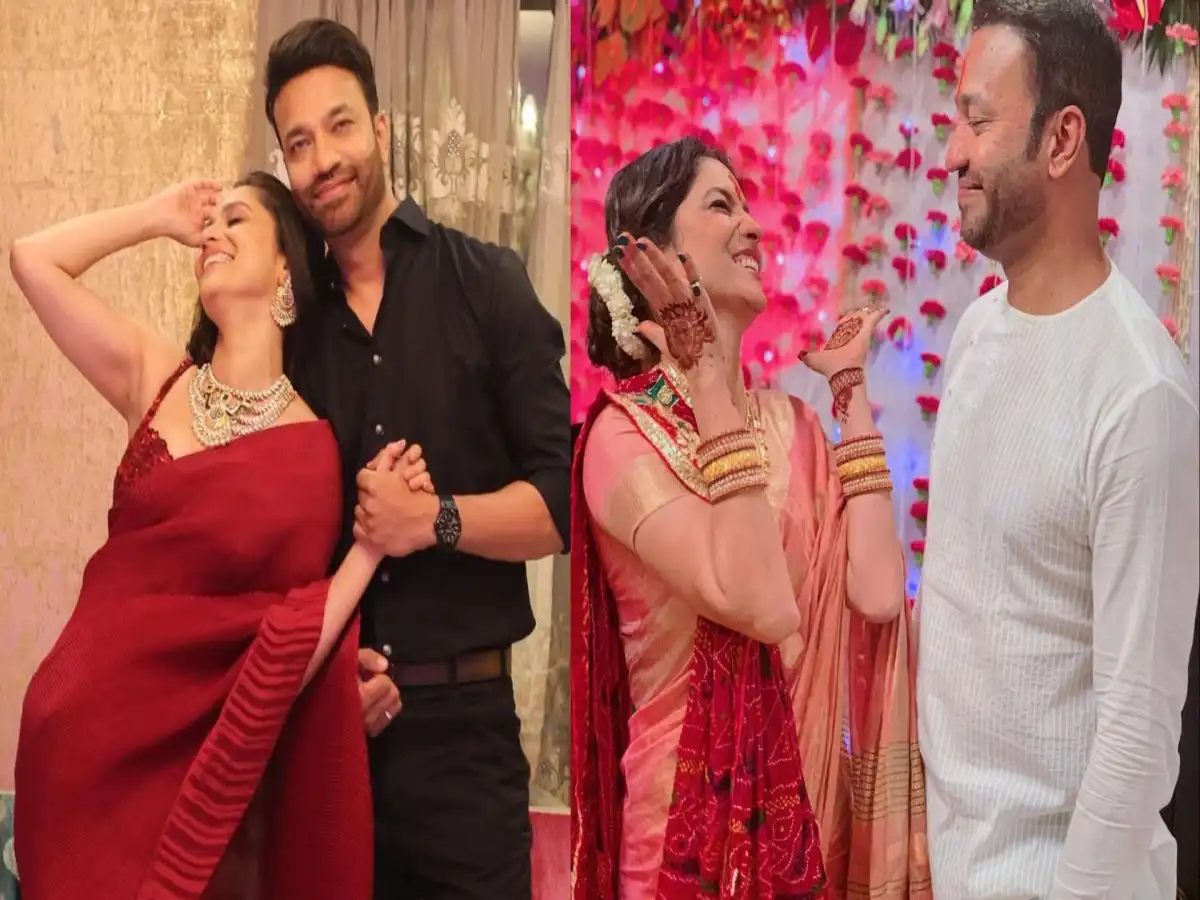Big Boss 17 Controversies: An Intimate Dive into the Ankita Lokhande – Vikki Jain Feud
<p>The 17th season of “Big Boss” has witnessed a gripping saga unfold between two strong contenders, Ankita Lokhande and Vikki Jain. Their tumultuous relationship and clashes have become a focal point, engaging audiences with their personal rifts and emotions within the show’s premise. In the recent November 19th episode, the spotlight once again turned to […]</p>

Big Boss 17 Controversies: An Intimate Dive into the Ankita Lokhande – Vikki Jain Feud
The 17th season of “Big Boss” has witnessed a gripping saga unfold between two strong contenders, Ankita Lokhande and Vikki Jain. Their tumultuous relationship and clashes have become a focal point, engaging audiences with their personal rifts and emotions within the show’s premise. In the recent November 19th episode, the spotlight once again turned to Ankita Lokhande and Vikki Jain as they addressed their ongoing issues.
Ankita Lokhande and Vikki Jain stand out as formidable contestants in the show, often seen embroiled in disputes revolving around personal matters within the Big Boss house. The latest episode unveiled Vikki Jain’s anguish as he is frequently referred to as “Ankita Lokhande’s husband.”
The tensions between Ankita and Vikki have escalated recently. Ankita was seated in the garden area one night when her husband, Vikki Jain, approached her to join. However, Ankita requested space to contemplate, asserting her need for time in her zone.
As Vikki remained seated, expressing his willingness for her to approach when ready, Ankita expressed her dissatisfaction, likening his behavior to Sana, a TV personality she admires. She emphasized her commitment to the game while feeling overwhelmed by the intense competition, questioning Vikki’s perception of her stance in the game.
Vikki, in turn, revealed his emotional turmoil post-marriage, lamenting being primarily recognized as Ankita Lokhande’s husband. He expressed feeling lost in identity, being referred to as such even among his acquaintances and business circles. His lamentation echoed a sense of loss of personal identity amid public perception.
Ankita responded positively, acknowledging Vikki’s sentiments. However, Vikki dismissed her understanding as jest, resigned to the fact that his identity shift was irreversible, embracing it as a part of his reality.
This poignant exchange reveals the complexities of personal identities in the public eye, resonating with a broader understanding of the impacts of fame and relationships within competitive environments. Their dialogue encapsulates the struggle between personal identity and public perception, unveiling layers of emotions and conflicts within the confined space of the Big Boss house.








